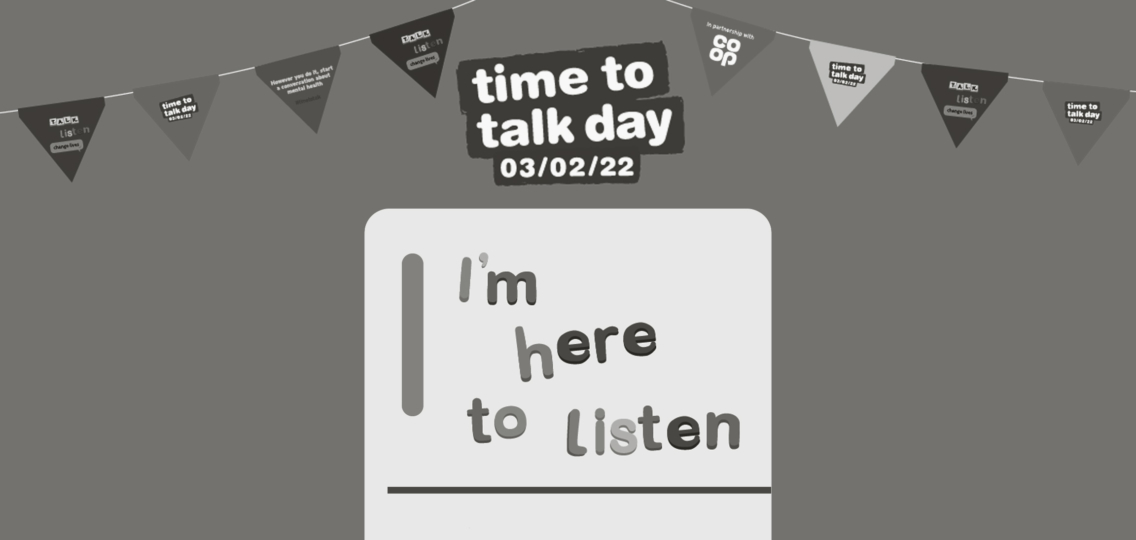This Time to Talk day, we shine a spotlight on the art of listening. Listening is one of the best ways to build rapport with your colleagues, and in turn create a healthy and thriving workplace culture.
Listening sounds easy enough, doesn’t it? So why are more and more businesses actively training their leaders to do it well? The reason is simple: good listeners find it easier to build trust and rapport with their colleagues. And that, in turn, leads to a healthier and more proactive culture in the workplace.
In fact, it’s never been more important for leaders to be good listeners. With pandemic-induced job turnover remaining high, those who fail to listen – and respond thoughtfully to what’s on employees’ minds – face the greatest risk of losing talent.
So how can you become a better listener? By listening actively. Active listening is a communication skill that can be acquired with time and patience, and one that lots of companies are now teaching their leaders to do.
What is active listening?
Active listening is about paying attention rather than simply nodding along – or (and we’re all guilty of this from time to time) thinking so hard about your reply that you’re not really listening at all. The good news is there are lots of little things you can do to train yourself to become a more active listener:
- Make eye contact. You should aim for eye contact at least 60 to 70 per cent of the time while you are listening.
- Show you’re listening. Signs of a good listener are often found in their non-verbal cues. Lean toward the other person and nod your head occasionally. Did you also know that folding your arms is a sign you’re not really listening?
- Keep the focus on them. Instead of interrupting or changing the course of a conversation with your own opinions, try paraphrasing what the other person has said, to keep the focus on them and show you understand what they are telling you. For example, you might reply with “So what you’re saying is…” or “so that I can make sure I’ve understood, let’s just go over this again…”
- Ask the right questions. Thoughtful and open-ended questions encourage the other person to open up more easily, for example “how did you feel after that happened?” or “what did you do next?”. And don’t be afraid to ask questions about anything that’s not clear to you – it shows you’re really trying to get to grips with their concerns.
- Minimise distractions. The biggest distraction when we’re trying to listen is often our own internal monologue! Before an important – or difficult – conversation, take some time to clear your mind and recentre, so that you’re ready to deal with the topic in-hand.
As with any skill, active listening becomes easier with a bit of practice – and it is a skill worth practicing. When people feel heard, they’re much more likely to be open. It creates an atmosphere of trust and mutual understanding, and a healthier working environment all round. In time, embedding a culture of active listening can also help to create a more inclusive culture – one where everyone feels they belong. Listening is the way to understand the needs, drivers and ethics held by different groups. Understanding these can help you to shape better communication strategies that speak to all of your employees, and steer change in the right direction.
By really listening to your colleagues, you also empower yourself as a leader (or aspiring leader) by building rapport and your own knowledge. Really listening to colleagues’ ideas, concerns and desires arms you with invaluable knowledge, the type that you can’t buy. It can help you make key decisions around, for example, a strategy or organisational change, and in time be seen as someone who makes decisions with the needs of employees always front of mind.
If you and your team would like to sharpen your listening skills, we can help! We offer communications workshops which cover the art of active listening, wellbeing and lots more. To find out more or book a course, get in touch with us.



